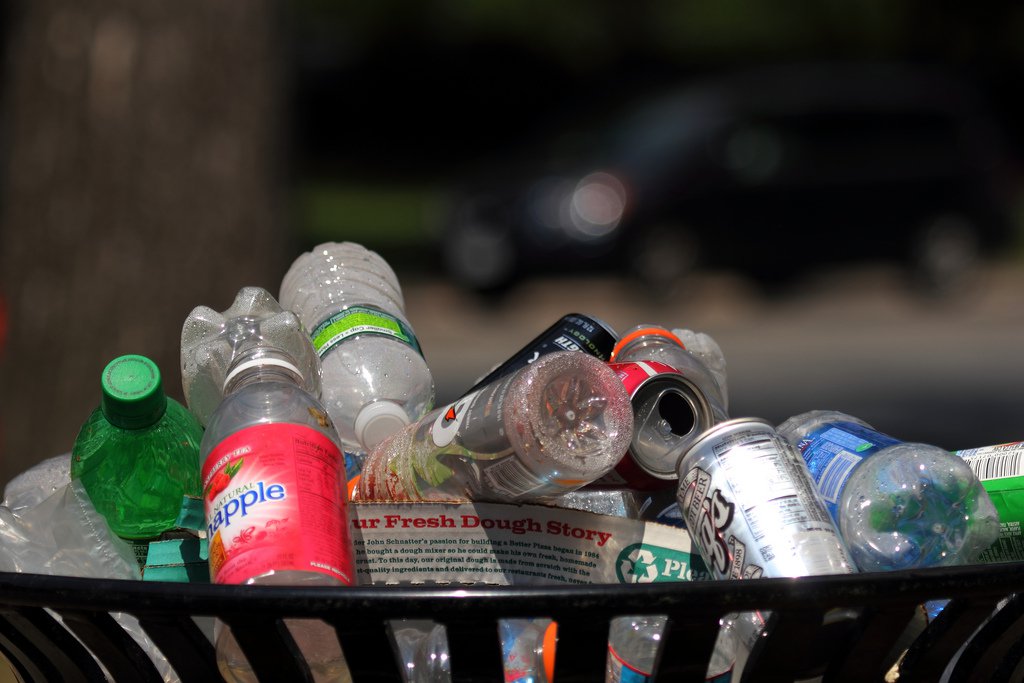
Deposit Return System Launch in Romania
Romania is about to join the growing list of countries that have implemented a deposit return system (DRS) for beverage containers. Starting from 2024, consumers will be able to return their empty plastic, cans, and glass bottles to designated collection points and receive a refund. This is a great initiative to reduce littering, increase recycling, and protect the environment.
But how exactly will the DRS work in Romania? What are the benefits and challenges of this system? In this blog post, we will try to answer questions.
What is a deposit return system?
A deposit return system is a scheme that adds a small deposit fee to the price of beverage containers, such as plastic bottles, cans and glass bottles. When the consumer returns the empty container to a collection point, they receive a refund for the deposit fee. These collection points can be reverse vending machines (RVMs) that automatically scan and accept the containers, or manual collection points like shops or recycling centers, where staff counts and verifies the containers.
The main goal of a DRS is to incentivize consumers to return their beverage containers for recycling, rather than throwing them away or littering them. This way, the DRS helps to reduce waste, save resources and protect the environment.
How will the DRS work in Romania?
The DRS in Romania will be based on the following principles:
– The DRS will cover all beverage containers made of plastic (PET), metal (aluminum or steel) and glass, with a volume between 0.1 and 3 liters.
– The deposit fee will be 0.5 lei per container, regardless of the size or material of the container.
– At the point of sale, the cashier will add the deposit fee to the price of the beverage and clearly indicate it on the receipt.
– The consumers will be able to return their empty containers to any collection point in Romania, regardless of where they bought them.
– Either in cash or as a voucher usable at the same or another retailer, consumers will receive a refund.
– Retailers will be obligated to accept the returned containers and issue refunds, either directly or through RVMs.
– The producers and importers of beverages will be responsible for collecting, transporting and recycling, either directly or through authorized operators.
– The producers and importers of beverages will also pay a fee to a central fund that will finance the administration and operation of the DRS.
– The DRS will be supervised by an independent authority that will monitor the performance and compliance of all parties involved.
What are the benefits of the DRS in Romania?
The DRS in Romania is expected to bring many benefits for consumers, retailers, producers, recyclers and the environment. Some of these benefits are:
The DRS will;
– increase the collection rate of beverage containers from around 50% currently to over 90%, according to international experience.
– improve the quality and quantity of recycled materials, will be separated by type and color, and will have less contamination than mixed waste.
– reduce littering and its negative impacts on wildlife, tourism, public health and aesthetics.
– save costs for local authorities, as they will have less waste to collect and dispose of.
– create new jobs and business opportunities for collection points, transporters and recyclers.
– raise awareness and education among consumers about the importance of recycling and environmental protection.
What are the challenges of the DRS in Romania?
Before its implementation, stakeholders need to address some challenges facing the DRS in Romania. Some of these challenges are:
-The DRS will;
-require a significant investment in infrastructure, such as RVMs, collection vehicles and recycling facilities.
– require a high level of coordination and cooperation among all stakeholders, such as producers, retailers, consumers, recyclers and authorities.
– need to overcome some barriers and misconceptions among consumers, such as lack of trust, convenience, or awareness.
– need to comply with existing regulations and standards, such as food safety, consumer protection and fiscal rules.
How can you get involved in the DRS in Romania?
Visit the website of Returo, the organization representing beverage producers and importers in Romania, to learn more about the DRS in Romania. Returo is responsible for designing and managing the DRS in Romania, in collaboration with other stakeholders.
On Returo’s website, you can find more information about the DRS, such as its objectives, scope, timeline, and partners. You can also find answers to frequently asked questions, news and updates, and contact details.
The DRS in Romania is a great opportunity to make a positive change for our environment and society. Let’s join forces and make it happen!

